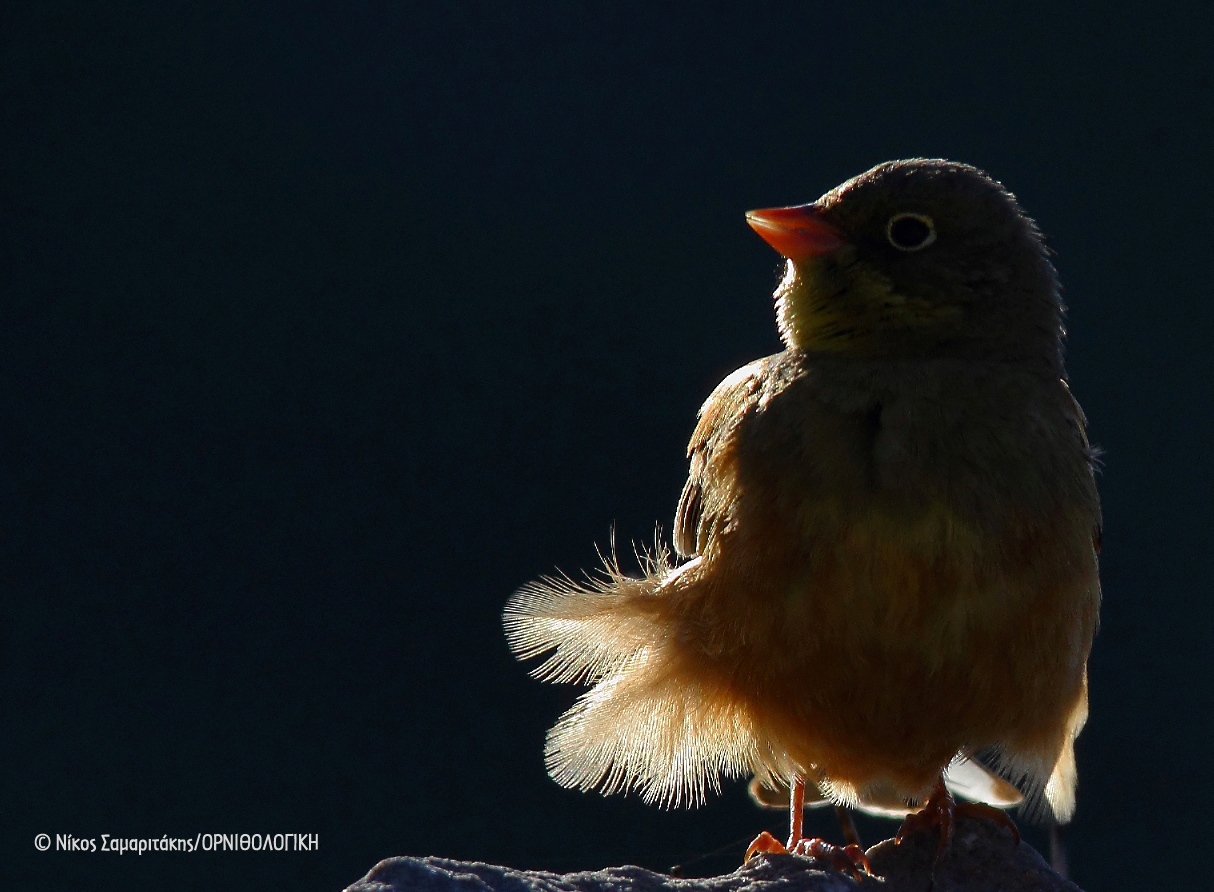
A new report released by BirdLife Europe & Central Asia confirms that the EU will fail to hit its own deadline to reverse the decline of biodiversity, as outlined in its ‘EU Biodiversity Strategy to 2020’. [3] A detailed analysis of progress until 2018 shows that the strategy has been a failure overall.
Real progress has only materialised in the fight on Invasive Alien Species; the limited progress achieved is in areas directly controlled by the DG Environment. Member States have largely failed to step up to their responsibilities.
This assessment shows that there is a grotesque failure to change the fundamental policies that drive biodiversity destruction, namely in agriculture, fisheries, forestry, energy and financing.
Ariel Brunner, Senior Head of Policy at BirdLife Europe: “Life on Earth is dying and until now, our politicians have only offered speeches and lofty intentions, while systematically caving in to powerful vested interests. The window of opportunity to save our planet is closing fast - we need both national governments and EU leadership to wake up and act now, before it is too late.”
Main findings of report:
- Little progress on actions that require financing, legislation, implementation or enforcement; that is, failure to achieve targets that required political will and commitment to the Strategy.
- Structural problems with biodiversity spending and broader financial reporting, in particular failure to earmark funding for Natura 2000
- Major failures in wider implementation of EU environmental policy and in policy coherence of the strategy with other sectors, failure to address consumption patterns, failure to phase out environmentally harmful subsidies, and failure to green the Common Agricultural Policy and make space for nature.
The report confirms that environment at large, and biodiversity in particular, have been completely left out of the political priorities of the current Commission. The environment portfolio did not have a dedicated Commissioner and none of the Commission Vice Presidents were responsible to address the existential threats posed by biodiversity loss and climate change. Even from a national perspective, the situation has been even more dire. Member States and Council Ministers have systematically watered down any hint of ambition in the Commission proposals – clearly putting the interests of intensive farming, fishing, and car industry lobbies ahead of public interest.
Barbara Herrero Cangas, EU Nature Policy Officer at BirdLife Europe: “Commissioner Vella can still leave a legacy by taking countries that destroy biodiversity and violate EU law, to court. Whoever takes over the Presidency of the next Commission must make biodiversity and climate change top priorities by allocating specific environmental portfolios and setting up work programmes that tackle the existential threats our survival faces.”
Just last week, IPBES issued a report detailing the catastrophic and unprecedented decline of global biodiversity. Species extinction rates are ‘accelerating’ and as many as 1 000 000 species are now threatened with extinction, mainly due to an insufficient global response to stop this from happening. Agriculture, fisheries and energy policies have been pinpointed as the leading causes for ecological collapse. In the EU, vested interests have blocked the ‘transformative changes’ essential to restore and protect nature.
The upcoming European elections will be crucial in determining whether the EU starts tackling the climate and biodiversity crises or goes into denial, continuing on the road that is taking us towards societal collapse.
Notes:
[1] The full report is available here.
[2] The executive summary is available here.
[3] The EU Biodiversity Strategy to 2020, adopted in 2011, provides a framework of action for halting biodiversity loss and the degradation of ecosystems and sets out the contribution needed by the EU to halt global biodiversity loss. To achieve this, the Strategy has six targets covering EU nature legislation, ecosystems and their services, agriculture and forestry, the marine environment, invasive alien species and global biodiversity loss. The targets are accompanied by detailed actions for the European Commission and the EU Member States.
BirdLife Europe and Central Asia is a partnership of 48 national conservation organisations and a leader in bird conservation. Our unique local to global approach enables us to deliver high impact and long term conservation for the benefit of nature and people. BirdLife Europe and Central Asia is one of the six regional secretariats that compose BirdLife International. Based in Brussels, it supports the European and Central Asian Partnership and is present in 47 countries including all EU Member States. With more than 4100 staff in Europe, two million members and tens of thousands of skilled volunteers, BirdLife Europe and Central Asia, together with its national partners, owns or manages more than 6000 nature sites totalling 320,000 hectares.


